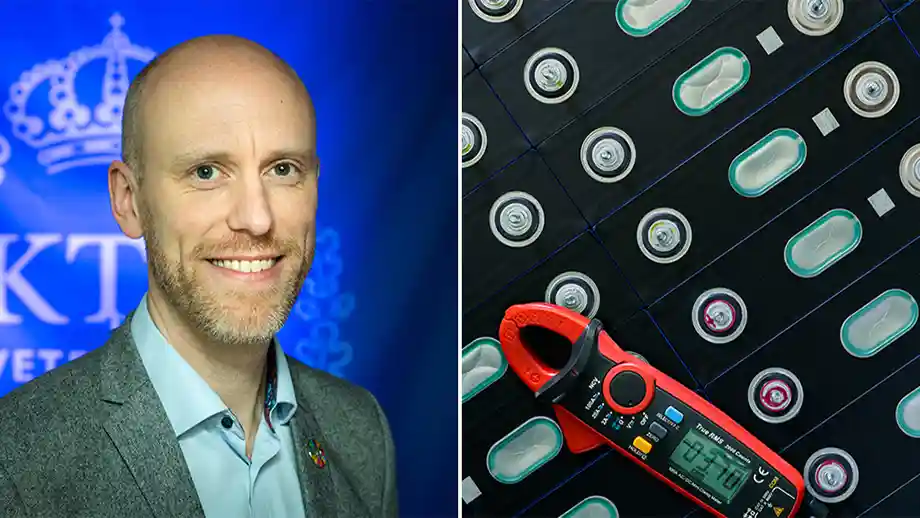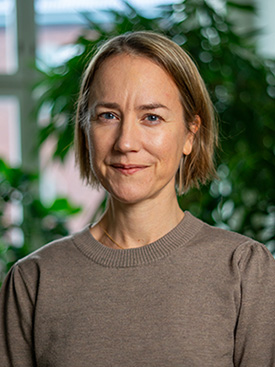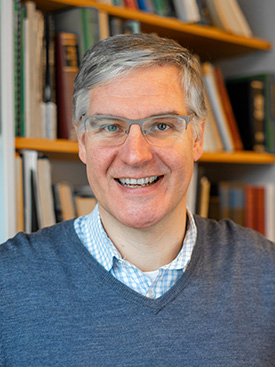KTH to fill knowledge gaps in large-scale battery production

It is difficult to manufacture batteries on a large scale. For European industry to meet this challenge, researchers, experts, engineers and innovative solutions are required. KTH has a collective competence in the field, a competence that is to be utilize in the KTH Battery 3PC initiative.
“We who work in automation, logistics and production technology want to join forces with those who are process and product experts in batteries, and together create a base for the industry of the future,” says Magnus Wiktorsson, Professor of production logistics.

KTH Battery 3PC stands for process, production, product and circularity. The initiatives core idea is for research groups in battery chemistry to collaborate with researchers who are not currently working with batteries, but are experts in other areas. This could include large-scale production, digitalisation for manufacturing, and processes for material preparation and recycling.
“This also includes recycling of end-of-life batteries and materials from production,” says Kerstin Forsberg, Professor of chemical engineering with expertise in separation processes and resource recovery.
A concerted approach
The aim of the initiative is for KTH to take the lead in research, education and lifelong learning about batteries.
“At KTH, we have a broad range of expertise, in everything from basic process technology and battery chemistry, combined with expertise in industrialization, automation and advanced analysis applied in industrial production,” Magnus Wiktorsson says.
So why is it so difficult to produce batteries on a large scale? Magnus Wiktorsson explains that it is due to complex and partly unknown relationships between a large number of process parameters when increasing the production rate. It is not just a matter of turning up the tempo.
Another major challenge is that significant errors occur in the early stages of production, but are discovered at the end of the production line.

“Some processes, such as crystallization of spherical agglomerates in the production of cathode materials, are very complex and require specialist knowledge in process design to be able to obtain a product of sufficient quality in industrial production,” Kerstin Forsberg says.
Sustainable energy transition
KTH Battery 3PC will be established as an open and dynamic platform for research aimed at enabling sustainable battery production. By building on existing strengths in battery technology, production technology, process technology and digitalisation, KTH will cultivate new partnerships and become a key player in process and production for sustainable energy storage solutions.
“Today, the ability to produce batteries in a circular way on a very large scale is crucial for a sustainable energy transition and is well in line with KTH's vision to lead the transition to a sustainable society,” says Christophe Duwig, Professor of process technology.
Text: Jon Lindhe
Do you want to know more about KTH Battery 3PC? Contact Christophe Duwig.
